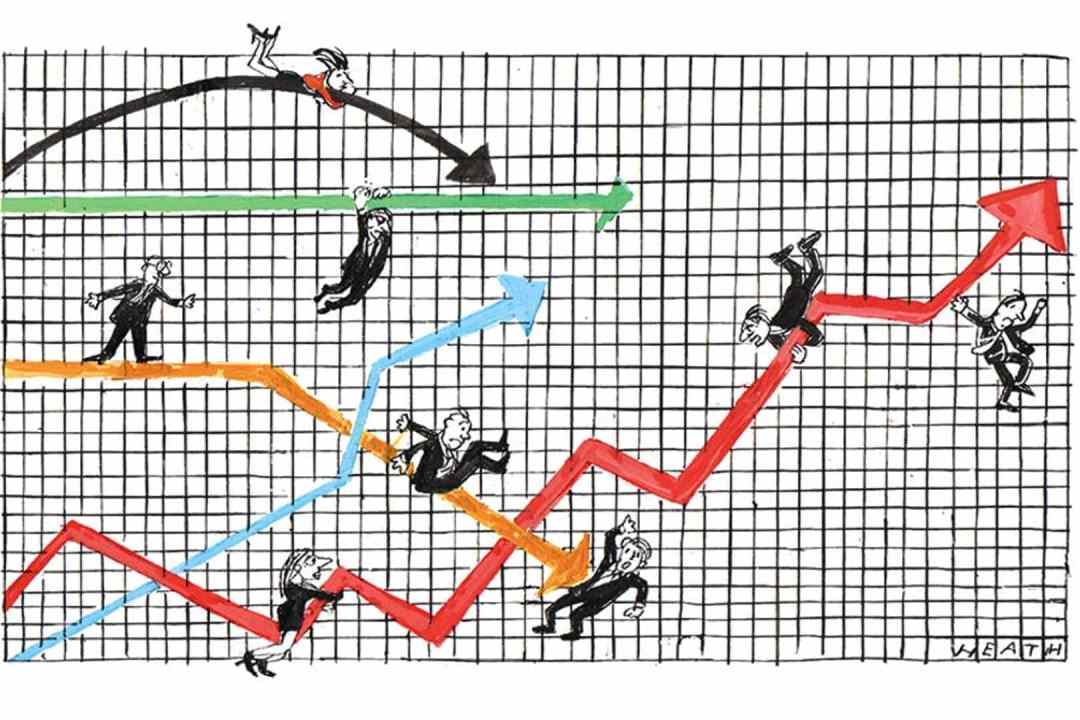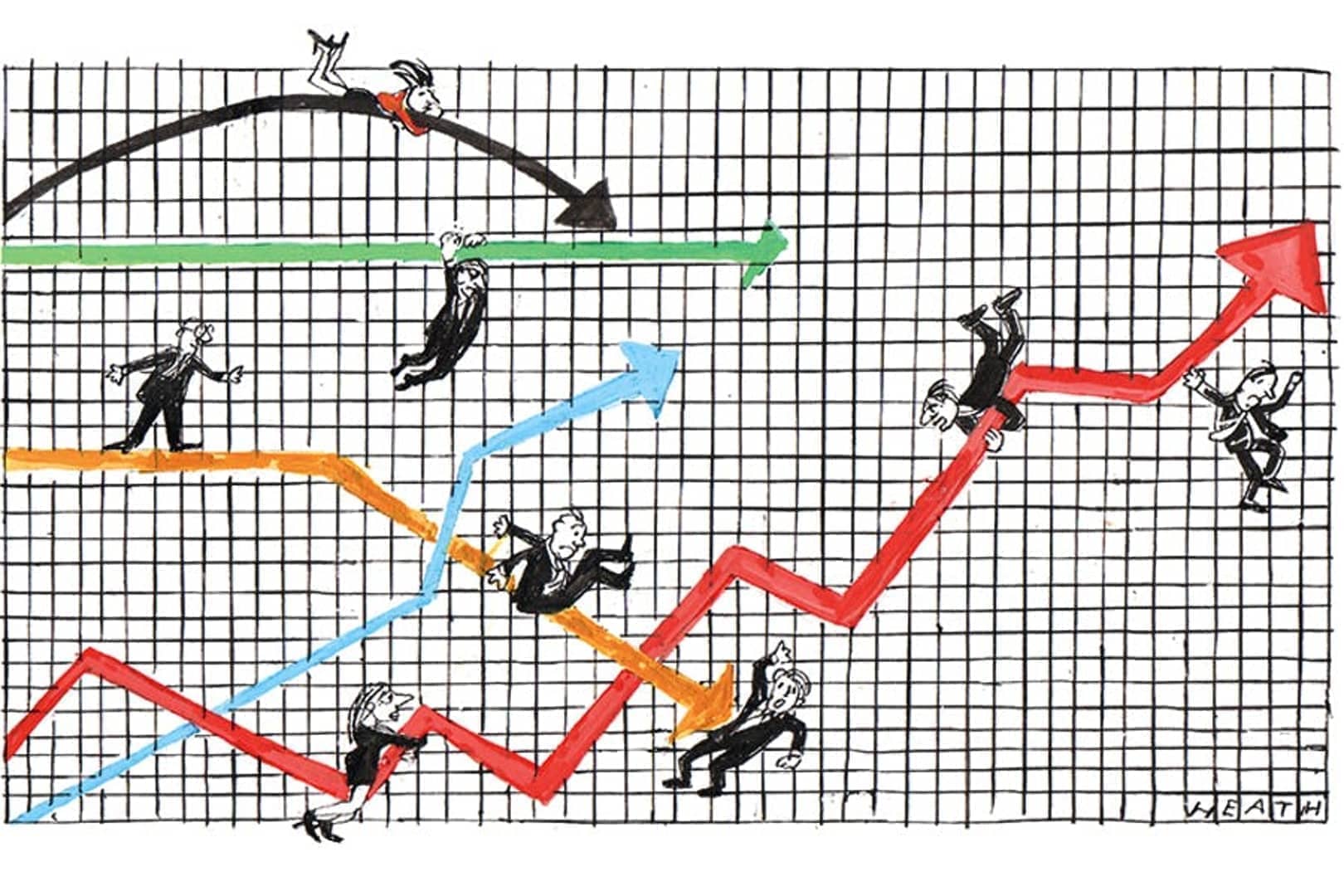Has the Financial Times just been sold another pup? Its economics editor Chris Giles (who predicted that the Brexit vote would lead to recession) has written what could be a Labour Party press release today. He reports as fact a claim by the NIESR, a left-leaning economics think tank, that Rishi Sunak could have saved £11 billion had he taken their advice and taken out insurance against rising interest rates.
A startling claim, interesting hypothetical and worthy of a report. It might fall down upon further scrutiny: could the Treasury really ordered the Bank of England to force commercial banks to swap reserves for gilts? Would this not have been a massive gamble that could easily have lost money? But the FT, in its excitement, decided to write up the NIESR’s what-if as an expose – as if the money has actually been lost and they were revealing this to the world. This rather weird, highly hypothetical study was made into a splash.
Failure to insure leads to theoretical, rather than actual, losses, but the FT forgot this in its excitement. Nor is there any note of scepticism. By paragraph three, Giles is in full spin mode, talking as if the lost money was real.
‘The loss to taxpayers is greater than the amount Conservatives have accused former Labour chancellor and prime minister Gordon Brown of costing the UK between 2003 and 2010, when he sold some of the nation’s gold reserves at rock bottom prices.’
Many of those who can afford the hefty FT subscription were quick to protest against being spun in this way.
Of course Brown personally ordered the sale of the gold, a disastrous foray into asset management. And the ‘blunder’ to which the FT refers is a decision not taken.
Furthermore, plenty of the proposals laid out by the NIESR would interfere with Bank of England’s independence, so why lay the blame on Sunak’s door? A newspaper like the FT is supposed to know where such decisions are taken: why muddy the water and take its readers for fools? As one said: “This article is very difficult to read as it mixes up the Treasury’s position and the BOE’s position.” Others asked had the insurance scheme gone ahead, who would have taken the other side of that bet?
And let’s not forget that when The Spectator devoted a cover story on the risk if inflation it was trashed by… the FT. We were accused of “stoking panic in a bid to revive an austerity doctrine that economists widely view to be far more harmful than helpful.” What would they have said had the Treasury overruled the Bank of England to insure against an inflation risk the the FT thought laughably implausible?
Yet now the FT makes out as if Sunak is guilty of an imbecilic “blunder” and “economists” have called him out. Many of those who can afford the hefty FT subscription were quick to protest against being spun in this way. Plenty of traders are painfully aware that almost no one expected the inflation rise (in fact Rishi Sunak was one of the people pointing out the inflationary risks last year). So why present this a scandal?
Here are a choice of FT readers’ comments:
- Am highly amused by the idea that the NIESR is not partisan? When did this happen? Yesterday evening? Also amused that our Chancellor should become a hedge fund manager all at the same time.The NIESR is looked upon in Westminster as a long time ally of the Labour Party. Has the FT not noticed this?
- This article could do with a sprinkling of Martin Wolf. No analysis of whether the NIESR proposals are practically viable or what the other implications of their suggestions would be (re. central bank independence, gilt mkt constraints, impact on commercial banks, policy implications of central banks and treasuries trading in the way suggested, are there any precedents etc.).
- This is a painfully political article from a paper that pretty clearly just has it in for the Tories.
- Struggle to follow this article, the Treasury is supposed to contradict BoE’s (independent?) money printing and mess up the market by hedging against rate rises? Who would take the other side of the trade? The BoE?
- I find this a strange story. If the Treasury had taken out insurance, this would’ve resulted in a large transfer from insurance companies to the UK government. Indeed, the insurance companies would have probably become insolvent. Like AIG, they would then have required a bailout – from the Treasury?
- The BoE’s QE has very significantly reduced the effective maturity of the uk’s debt; and therefore increased its sensitivity to interest rate rises. That effect dwarfs this article’s contemplated interest rate swap. But maybe blaming the [Bank of England] governor isn’t so much fun (and anyway QE has other effects).
- This is an appallingly misleading headline and article. Plenty to criticise the government for, but this isn’t one. Article should read: interest rates go up, cost of interest payments has risen. Who was the government supposed to sell this amount of fixed coupon debt to, other than itself?!
- I’d expect better of the FT – clickbait headline and lacking any decent explanation/analysis.
What are the odds on this being reflected in the FT’s letters page? Mr S won’t be holding his breath…
UPDATE
Giles has taken to Twitter to say “I make absolutely no apology for writing a complicated story in a newsy way – that is good journalism.” FT readers seem to have expected scrutiny and scepticism applied to claims reported: the bigger the claim, surely, the greater the need for scrutiny? If you can’t turn to the FT to sort out spin from substance, where do you go?








Comments